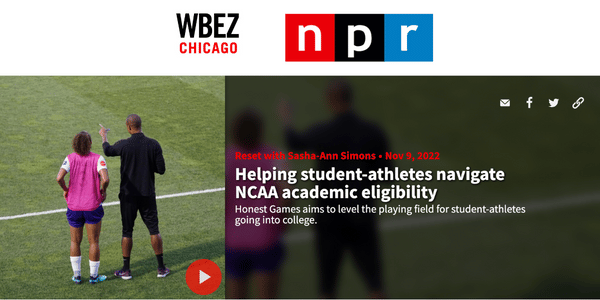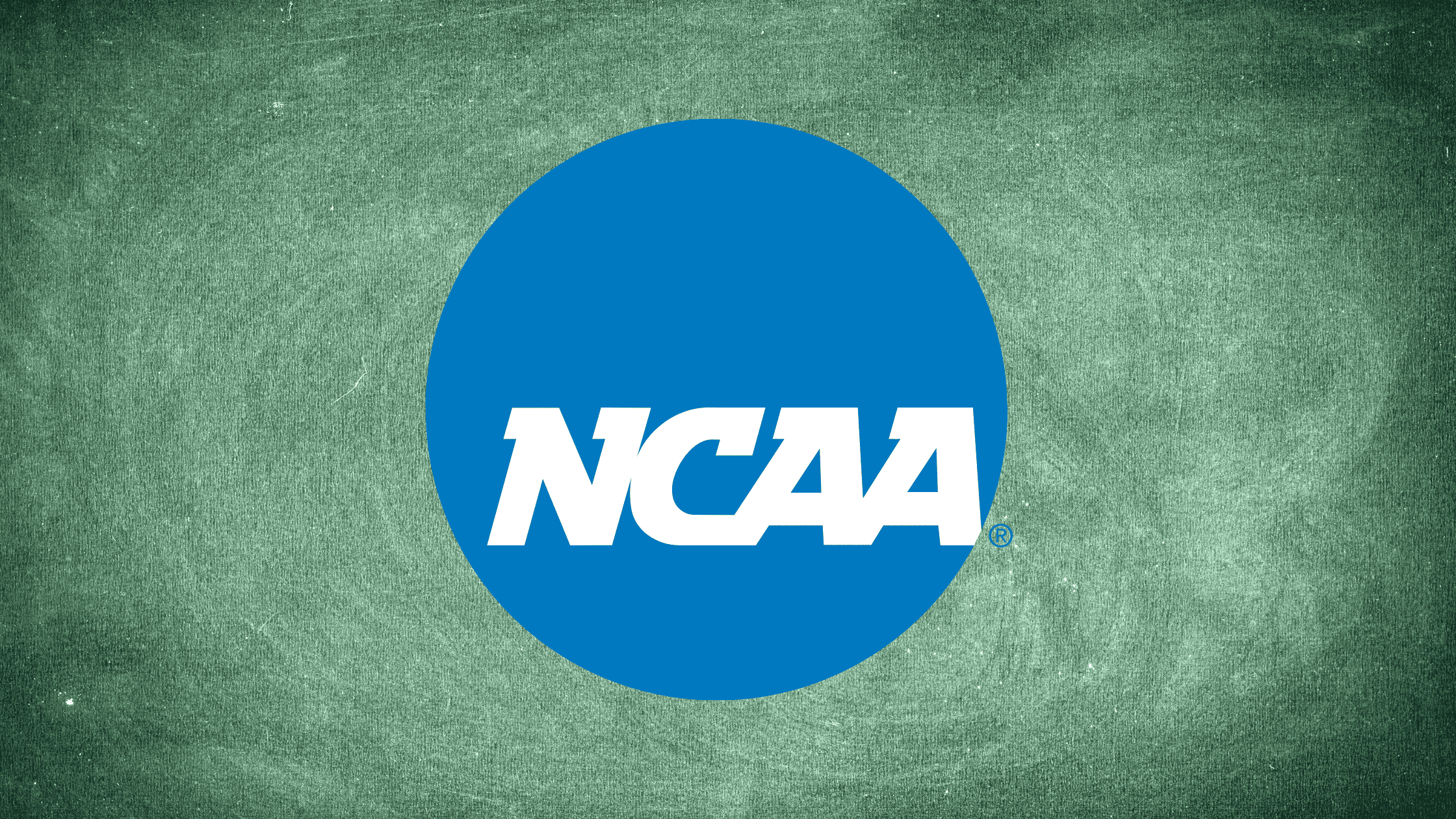Navigating School Choice: Unveiling the Ripple Effects on Student-Athlete NCAA Eligibility
Updated on Feb 6, 2025

One of the biggest decisions that parents in the United States make is about where to send their children for school. States nationwide are advancing open enrollment legislation because it gives students and parents more choice. Building on the momentum from 2024 – the “Year of School Choice” – nearly all states now have some form of open enrollment.
First, What is School Choice?
School choice refers to a set of policies that create options for families and students that are not directly linked to their neighborhood of residence. In exercising school choice, parents consider a variety of factors when evaluating school alternatives, such as safety, proximity to home and office, academic report cards, special education, and athletic ranking. The benefits of school choice are extensive, including the ability of parents to use public dollars to cover educational expenses, including private school tuition, therapy for learning disabilities, and homeschooling.
What Are the Hidden Risks of School Choice for High School Student-Athletes?
Families like choice, and the more choice they have the more they like it. Along with this choice, the number of students transferring and attending multiple high schools is growing. This may seem harmless, however, this has uncovered a hidden hazard for high school student-athletes that can threaten their NCAA academic eligibility status. The reason for this is that a student-athlete’s NCAA academic eligibility clock begins on the first day of Freshman year. And, a student’s NCAA academic eligibility status is determined by a complex formula of the grades they receive in specifically sanctioned NCAA classes and by the number of NCAA credits they receive in those sanctioned classes. Each high school in the country has a different list of NCAA-approved classes, so student-athletes are at a greater risk of being deemed NCAA academically ineligible the more high schools they attend.
How Can High School Student-Athletes Mitigate the Risk of NCAA Academic Ineligibility?
To participate in sports at the NCAA Division I and Division II levels, the NCAA Eligibility Center requires student-athletes to meet a certain NCAA Core GPA, calculated on the grades earned in the school’s NCAA-approved Core Courses. It’s important to note that not all high school classes are accredited by the NCAA and each high school has its list of NCAA-approved courses. With the benefits of school choice, student-athletes and their families should do their homework when choosing a school. Things to consider include:
- When was the high school’s NCAA Portal last updated? Are the staff listed on the NCAA Portal still employed by the school/district? Does the NCAA Portal include a weighted grade scale and non-traditional course offerings? Check the health of your high school’s NCAA Eligibility Center Portal. Note: For a school course to count as an NCAA Core Course, it must first be formally submitted by the individual high school and then approved by the NCAA to gain official accreditation.
- Once enrolled in a high school, student-athletes must ensure they take the correct amount of NCAA-approved Core Courses and maintain the required minimum NCAA Core GPA, both critical factors for NCAA eligibility. Check out Honest Game to ensure you are staying on track with these requirements.
- If you consider transferring high schools, ensure the health of the transfer school’s NCAA Eligibility Center Portal and how this transfer may impact your NCAA academic eligibility status. It can be more challenging for students transferring through open enrollment due to variations in available NCAA-approved courses across different schools. To navigate this complexity, student-athletes must proactively manage their academic journey and safeguard their eligibility, which involves strategic decision-making and critical course selection to meet NCAA academic requirements.
Honest Game – the Only Software that Automates Academic Eligibility
While it does broaden educational opportunities, the increase in school transfers with open enrollment simultaneously poses challenges for high school student-athletes seeking NCAA sports participation. The impact on the NCAA Core GPA underscores the need for collaborative efforts among school administrators, coaches, students, and families.
Honest Game holistically addresses the complexities of the process by offering an automated system to help school staff, students, and families effectively track a student-athlete’s academic eligibility status seamlessly across multiple schools. Honest Game’s platform provides centralized software that allows staff administrators, coaches, students, and families to monitor academic progress, ensure that student-athletes can meet NCAA academic requirements, and maximize post-secondary opportunities and potential for success beyond high school.
Contact Honest Game to learn more about how our comprehensive support system connects communication between school departments, students, and parents, while also streamlining administrative tasks for staff.



